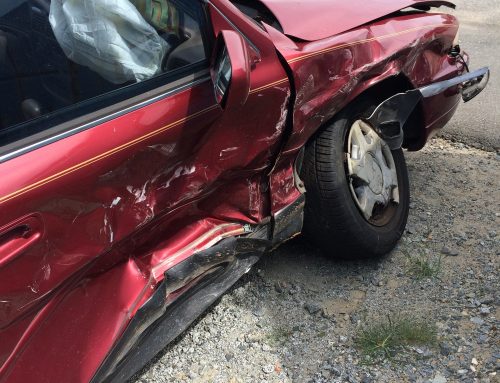After being injured in a car accident, you have enough to deal with. Trying to get financial relief from your own insurance company is not something you should have to deal with. If you are a policy holder in good standing – and a valid claim – why would they deny payment? An insurance company acting in bad faith makes a bad situation even worse.
Whether they are holding up the processing, offering you less than you deserve, or outright denying your claim – what should you do if your auto insurance company is acting in bad faith?
What is Acting in Bad Faith?
It’s a contract. You pay monthly for an auto insurance policy, and the insurance company covers you in the event of accident or injury. It seems straightforward enough, but every year there are thousands of instances of companies acting unethically, or even illegally. If your auto insurance provider has unreasonably denied you the money and coverage you deserve, they may be acting in bad faith.
Bad faith may include:
- Using stalling tactics to delay your payment
- Paying less than your coverage promises
- Outright refusing to pay a claim
Insurance providers have legal obligations to policy holders. Those obligations vary based on the type of policy and coverage in question. But every insurer is legally obligated to investigate and resolve customer claims in a fair, reasonable manner – “good faith.” Remember, though, not every situation in which a claim is denied is in bad faith – it is also the responsibility of the policy holder to understand the limits of their policy. A disagreement with your insurance company as to payout does not automatically mean they acted in bad faith.
Examples of Tactics to Look Out For
- Claim denial without clear justification:If your insurance agent cannot point to the exact language in your contract which justifies the denial, you may be dealing with bad faith.
- Settlement offer that seems too low: If your insurance company offers a payout which will not cover your costs, they may be hoping that you are uninformed; or that you are confused or desperate for the money. You should never accept a first offer, unless it is in line with what your coverage promises.
- Presenting expert testimony: Insurance providers may send along “expert opinions” from doctors or other professionals which back up their offer. As it is likely that their own paid witness may be motivated to help them, you may wish to seek expert help of your own.
- Playing the waiting game: If your insurance provider keeps delaying and making excuses, they may be trying to wait you out – to see if you will just drop the claim.
Has Your Insurer Acted in Bad Faith ?
It is important to understand your own insurance policy before filing a claim. Research your personal liability and financial responsibility (i.e. deductible) and know your coverage limits. By having an expectation of what you should be receiving, it makes it easier to identify if your insurance company is acting unethically.
If you suspect something is going on, and you can’t get acceptable answers from your representative – you may wish to speak with a personal injury lawyer. Attorneys have seen hundreds of these cases, and can work with you to get the money you deserve. Often, the insurance company will simply pay the fair amount as soon as they know a lawyer is involved, as they understand they are dealing with an individual knowledgeable in this area.
If you have been involved in a Sarasota car accident and are worried you are being treated in bad faith, call the law offices of Probinsky & Cole.








